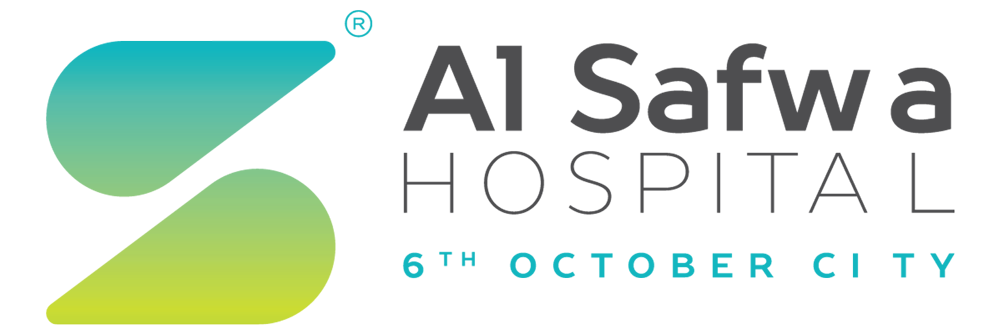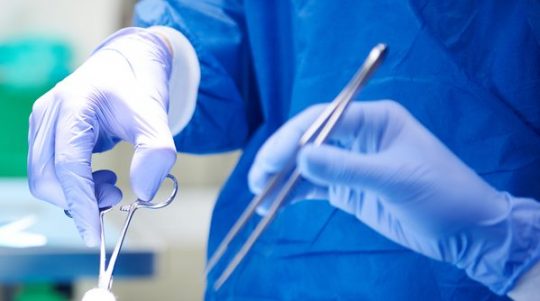Stay Safe during Surgery
Preparing for your surgery correctly limits potentials complications and ensures higher success rates. Thus, it is important to understand the most common screenings that are usually conducted before most surgeries, and discuss them with your surgeon beforehand.
The most common screenings include:
- Chest X-rays to diagnose abnormal heart, breathing, and lung sounds.
- Electrocardiogram (ECG) to show abnormal rhythms, finds heart muscle damage and helps find the cause of chest pain.
- Urinalysis to diagnose kidney and bladder infections, and diabetes. Also, certain types of urinalysis can find out illegal drugs in the body.
- White blood count to diagnose certain fevers and infections, and also reveals if a person is using medicines that affect white blood counts.
Blood tests are also widely required pre-surgery; they include:
- Glucose to measure your blood sugar levels.
- Potassium to measure the amount of potassium, sodium, and other electrolytes in your blood. These chemicals help regulate heart rhythms and other body functions.
- Complete blood count (CBC) to check for (anemia) and infection.
- Coagulation studies (PT/PTT) to find out how well your blood clots.
Your doctor may request all the above screening and tests, or some of them, or more. In all cases, you must talk transparently to your doctor about your medical history, do all required tests, and follow the instructions on nutrition and medicine regulation before and after surgery to avoid any surprises.
If you still have questions or concerns about an upcoming surgery, whether it will be conducted at Al Safwa or any other hospital, you can always book an appointment with our specialized Anesthesia Department to consult on all necessary preparations.
Al Safwa, we’ve got your back!
Hotline: 16361

